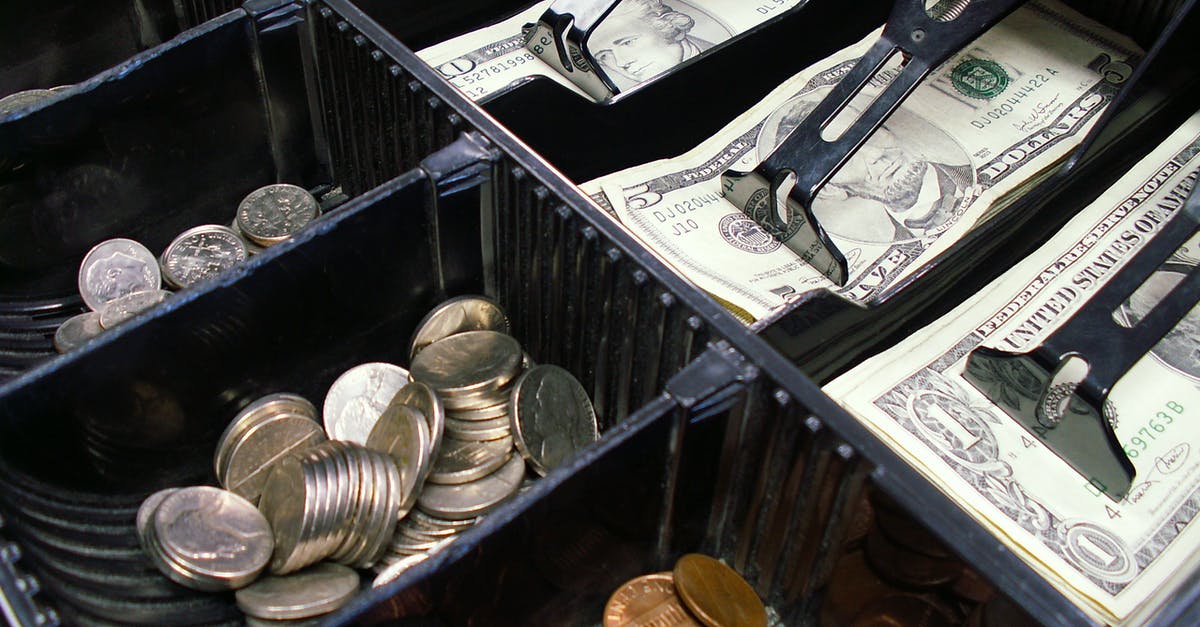OPINION: Florida going cashless does more harm than good

In an effort to combat going cashless in Florida, Rep. Matt Willhite filed HB 233, or the Acceptance of Cash Payments by Businesses bill, on Oct. 6, requiring certain businesses to accept cash payments for transactions. This is an essential bill to protect Floridians’ payment options.
While going cashless has its benefits, they’re greatly outweighed by the drawbacks. Eliminating the option for cash payments contributes to systemic racism, and is discriminatory to those who can’t afford the luxury of banking, which is why this bill must be passed by Florida lawmakers.
Approximately 14.1 million adults in America don’t use a bank, according to a 2017 Federal Deposit Insurance Corporation’s National Survey. The survey also reported 48.9 million adults in America go underbanked, meaning they had at least one bank account but also sought financial services outside the traditional banking industry.
Whatever the reason for going unbanked, citizens have the right to retain that freedom. Many Floridians don’t have the privilege to choose whether or not they want to use a bank.
There are currently 28,328 Floridians who are homeless, according to World Population’s Review. There are also roughly 810,000 undocumented immigrants in Florida, as reported by Immigration Road.
These people don’t have easy access to banking, making cash the best option. To get rid of cash payments would mean excluding at least 3.9% of the state’s population from operating in society.
Going cashless would also promote systemic racism. In a 2019 report conducted by Bankrate, the disparity in bank fees became apparent. White people were, on average, reported to pay a monthly $5.29, Black people $12.30 and Hispanic people $15.85.
Forcing minorities to contribute to this is discrimination, and promotes a damaged system. This system isn’t even beneficial to small companies, seeing as there’s a cost to pay for going fully technological with payment.
Vinay Prabhakar, vice president of product marketing at global financial technology company Volante Technologies, explained in an August 2020 interview with Huffpost that these costs include credit card interchange fees.
They also include fees paid to digital payment companies such as PayPal and Square for the privilege of receiving funds electronically, according to Prabhakar.
“The 2-3% in fees that small businesses in industries with very low margins and low transaction volumes — think the corner store or main street independent retailer — can pay for merchant card services could be the difference between making the monthly rent or not,” Prabhakar said.
To make up for this fee, there’s a chance businesses pass higher prices onto the shoulders of their customers.
Other states such as New Jersey, Massachusetts and Rhode Island have passed laws that ban businesses from refusing cash, according to Florida Politics. Some cities have followed suit, like New York City, Philadelphia and San Francisco.
No negative repercussions have surfaced, only the positive of bringing more people into the economy.
The backlash of going cashless could be avoided by keeping Floridians’ freedom to pay by whatever method is convenient. Florida lawmakers should back HB 233, and citizens should push them to do so. It takes nothing to be inclusive to minorities, those with low incomes and others who choose to go unbanked.






